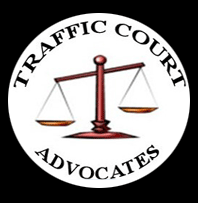FAQ
Questions And AnswersIf my ticket is minor, should I just pay the fine?
Paying your fine means pleading guilty to the offence and accepting the penalties in connection with it. This could include demerit points, increased insurance rates, possible licence suspension, and even potential jail time, depending on the infraction.
What happens if I ignore my ticket?
You have 15 days to choose an option on the back of your traffic ticket. Failure to respond after 30 days defaults to a guilty plea and could result in the suspension of your driver’s licence.
The police officer did not show me his radar reading to confirm my driving speed. Can I use that in my defense?
Police officers are not obligated to show you their radar reading, and the court will not accept this as a valid defense.
Can the police officer accurately gauge the speed of my car if he or she is also in a moving vehicle?
Yes. Officers have access to various types of radar devices: for stationary and for moving vehicles. The moving radar is designed to factor in the speed of the police car vs. the speed of your vehicle. This can be disputed in court.
Does an error on my traffic ticket make it invalid?
Minor mistakes such as misspelled information or the incorrect year of your vehicle are irrelevant to your infraction. If you choose to fight your ticket, your case must still be presented appropriately before the court.
How long will a traffic ticket remain on my driving record?
If convicted, an offence is technically on your driving record for life; however, insurance companies only look at the past three (3) years of your driving history. Demerit points remain on your driving record for two (2) years from the date of the offence. Any conviction has the
potential to significantly raise your insurance rates.
Can my driver’s licence be affected by a ticket issued outside of Ontario?
Any ticketed infraction within Canada can lead to a conviction or demerit points on your driving record, and consequently increased insurance premiums.
Will my insurance go up based on a single traffic ticket?
Likely, yes. Every insurance company is different. Talk to your broker or review your personal plan for information on rates and penalties.
Can't find answer? Ask Us.
[contact-form-7 id=”4260″ title=”Contact Homepage”]
